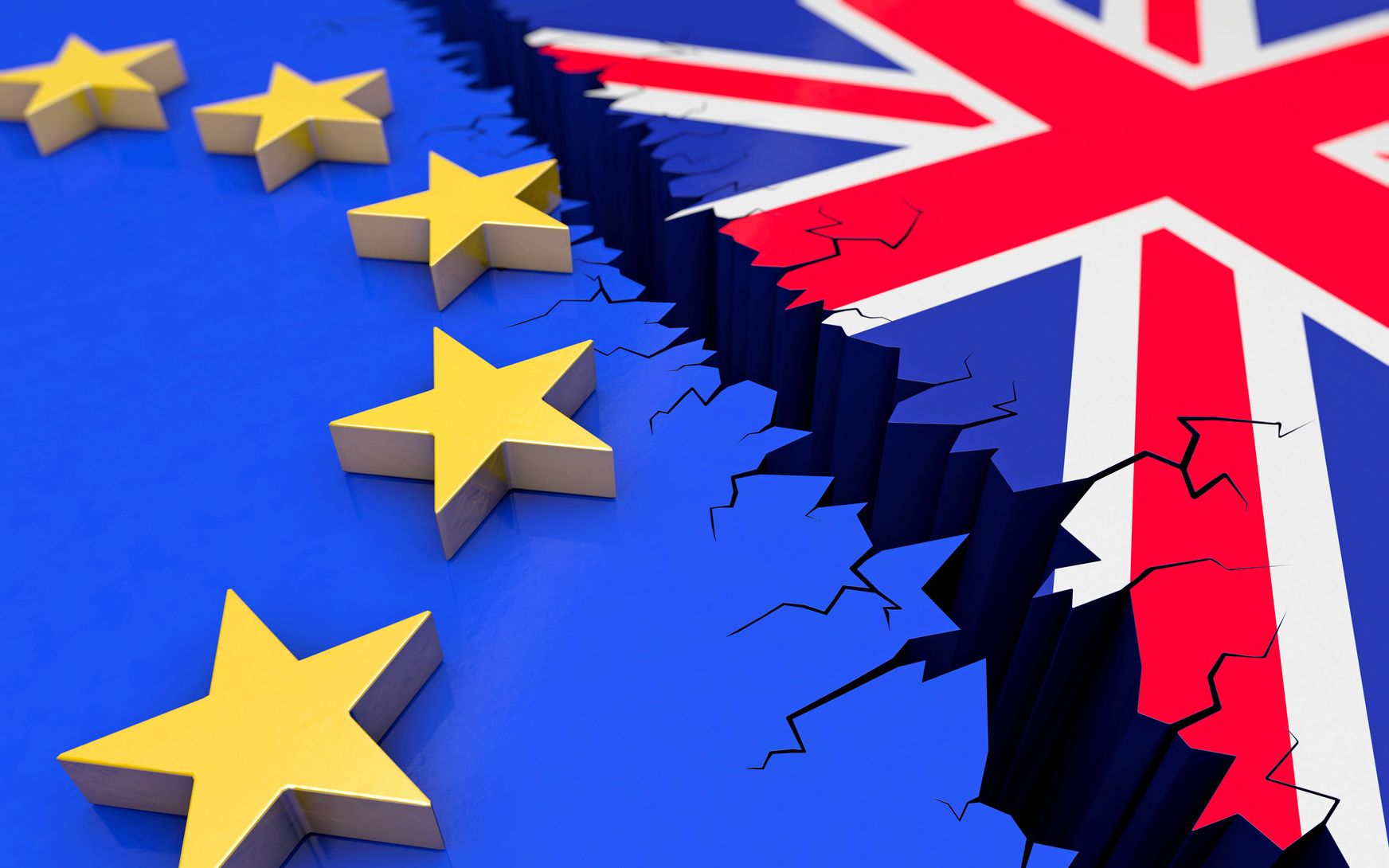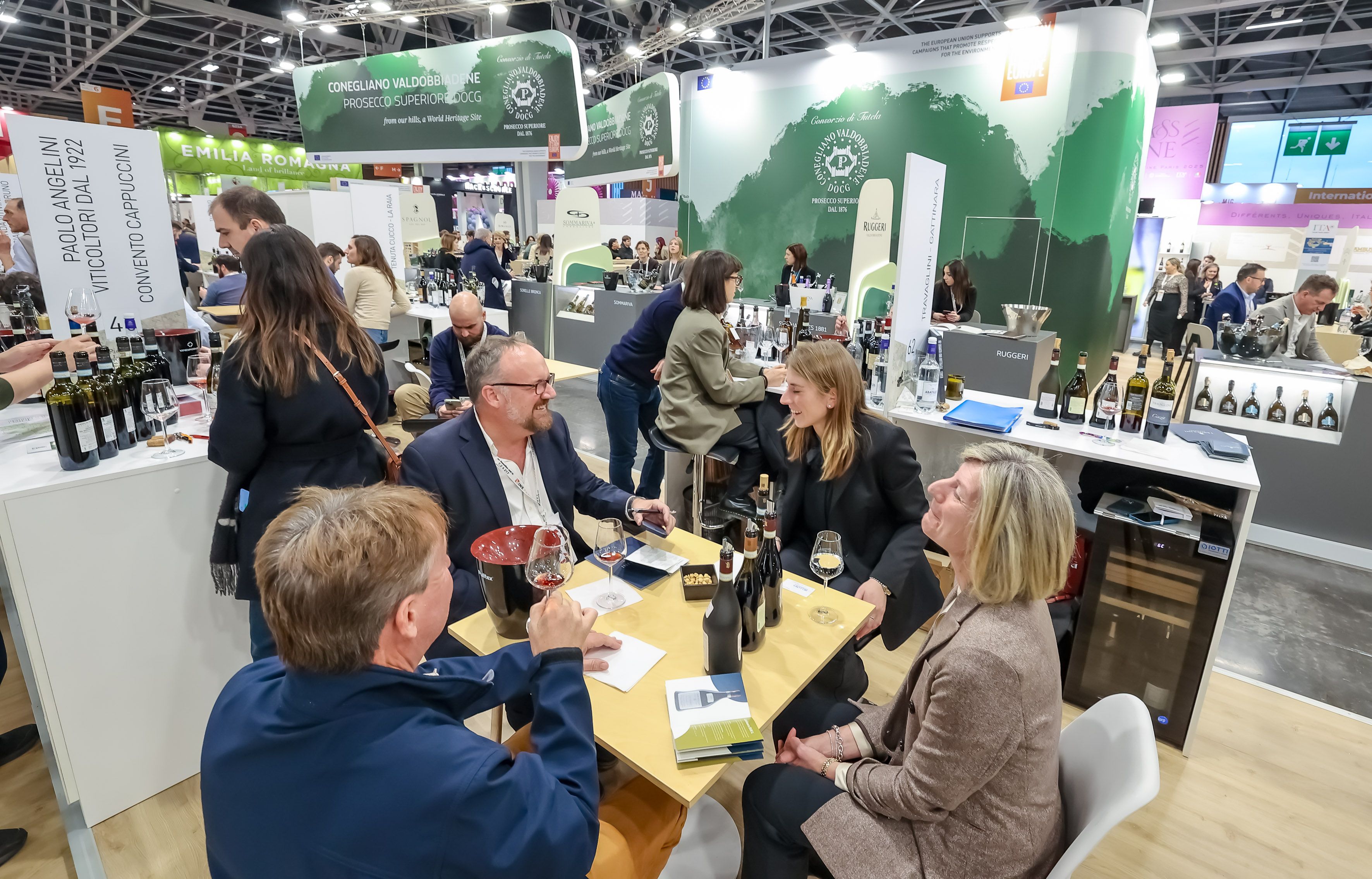We need to make the most of the next three months to plan for the potential difficult times ahead, warns Liberty Wines’ David Gleave MW.

“We’re going to have to increase prices.” That was David Gleave’s first, frank response on being asked what he thought the fallout from the Brexit vote would be.
Quite when that will be is very much open to debate and down to the vagaries of the world currency markets. But it will ultimately rest on what value sterling is once Liberty Wines, and its fellow wine suppliers, run out of hedged currency backing and have to go back in to the markets to plan for the next few months ahead.
For Liberty Wines that means around the end of September, confirms Gleave.
But for all the uncertainty that currently exists in the market, there is one consolation, says Gleave, in that the trade saw a similar drop in the strength of sterling on the back of the global recession in 2008 and 2009 and it was able to recover and work through that.
“This drop has been so much quicker, though,” he adds. “The way it fell would make a black skislope look easy. Also increasing prices as we potentially go in to a recession is not what you ideally want.”
At least by having a few months of currency backed up, the trade has the time now to “reflect” and work with its suppliers and producers on a strategy for the medium term, says Gleave.
“I think we will see the impact filter in over the next to six to nine months. But there are so many factors to consider that we may not even be aware of yet or can forsee. There are also still plenty of things that can still go wrong that will have a knock-on effect on the strength of sterling.”
Contracting market
One of the initial consequences of the Brexit vote, he adds, is the UK wine industry “will continue to contract”.
But contract in two ways. Firstly consolidation within the supplier base will continue, says Gleave, and secondly people are going to continue to drink less wine. Particularly with the cost of living increases with higher food and petrol prices.
Both throw up big and important challenges for the trade as a whole to face up to. Less wine also means increased pressure on the on-trade itself to handle reduced margins and profits at a time when there are still so many openings right across the country.
The wine industry is also very much influenced by factors outside of its control, particularly the confidence in the economy and the level of capital investment taking place.

We can only hope Brexit does not see major businesses and banks move their operations out of the UK and London
“If we start seeing big companies announce they are moving their headquarters out of the UK then that will be a worry for what has been such an exciting restaurant scene. If we start losing our customer base then that will put pressure on us all. But it looks likely that capital investment is going to be scaled back.”
“We are going to have to be a lot cleverer about how we do things,” says Gleave. There will be an even greater push, for example, to encourage more restaurants and bars to run their wine offer on a cash rather than a percentage margin.”
Gleave believes the prospects for the premium on-trade is more positive. “That will continue to grow, but it will slow down.”
But it will mean being a lot more creative in the way the trade and restaurants sells wine. Particularly to a more fickle and less wine enthused customer base below 35 years of age. “For them craft beer and craft cider is more exciting than wine potentially,” claims Gleave.
We also have to consider the threat that on demand premium takeaway services like Delilveroo are now having on the sector. “We have got competition coming at us from all areas at the moment,” says Gleave.
Conviviality factor
In terms of consolidation within the wine sector, Gleave believes much will depend on what the Conviviality deal with BibendumPLB actually means in reality when it is worked through.
He is in no doubt that Conviviality is well placed to succeed. “It is too early to tell, but it is clearly a well run company. They have already done a good job with Matthew Clark.”
He also believes it is good for the sector as a whole to have “a real force” for wine in a market that has traditionally been so fragmented. “It has to be good for the trade that there is now a power house for wine working away,” he explains. “The clout in the market that wine will now get will be more important.”










































